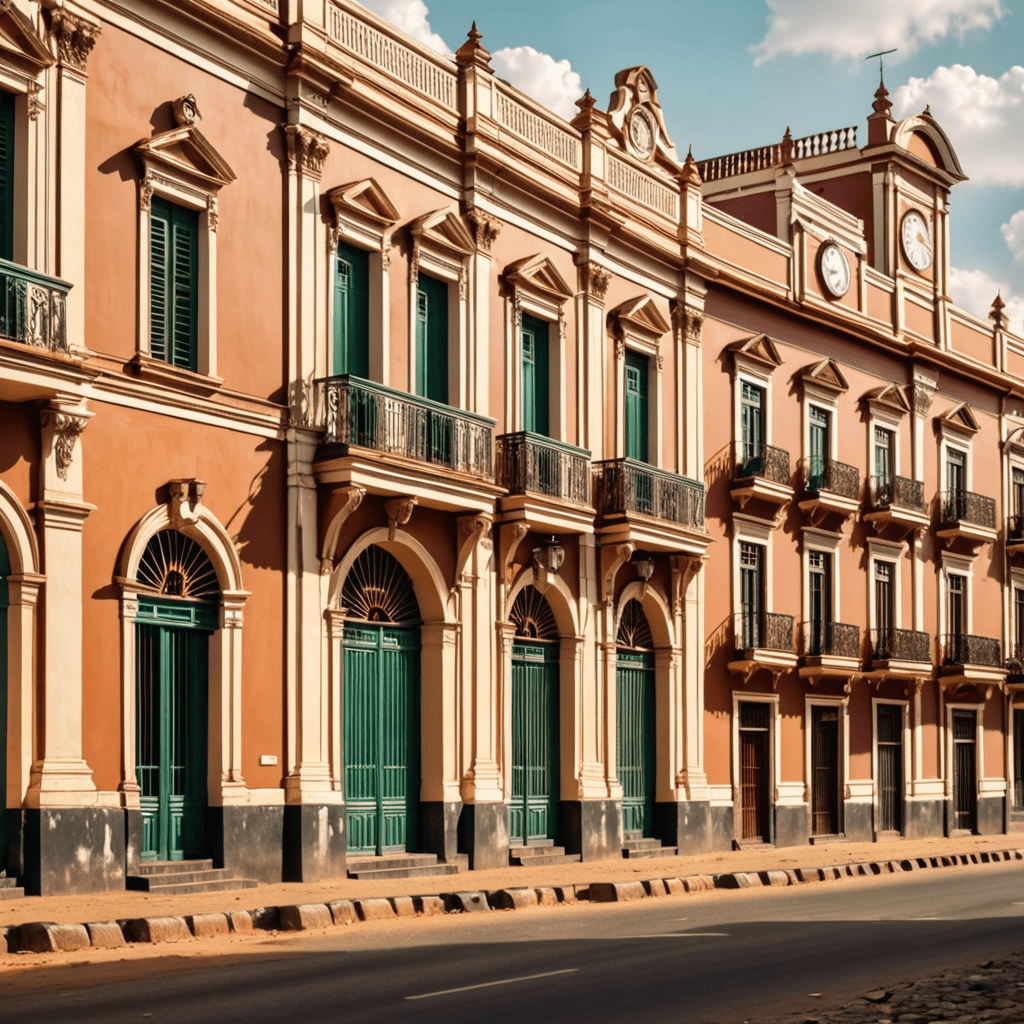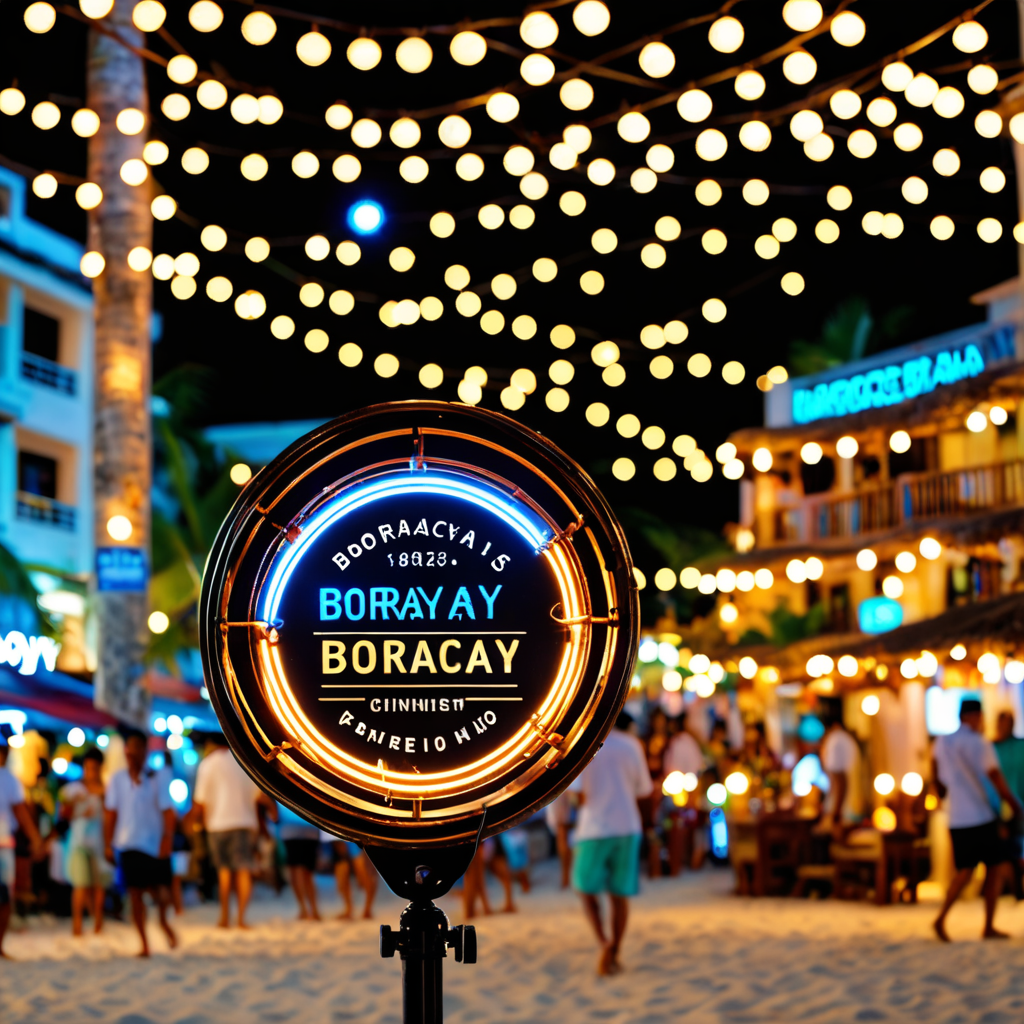The Allure of Colonial Architecture in Angola
Angola, a country rich in history, boasts a captivating blend of Portuguese colonial architecture that showcases a unique blend of African and European influences. Let’s delve into the enchanting world of colonial architecture in Angola.
A Glimpse Into History
During the colonial era, Angola was under Portuguese rule for centuries, leaving behind a legacy of stunning architectural masterpieces. From ornate churches to grand government buildings, each structure tells a story of a bygone era.
Distinctive Portuguese Influence
The colonial architecture in Angola is characterized by intricate designs, colorful facades, and elegant arches – all reminiscent of Portuguese design aesthetics. Visitors can marvel at the grandeur of buildings that stand as a testament to the country’s past.
Exploring Architectural Gems
When visiting Angola, be sure to explore iconic landmarks such as the Palácio de Ferro (Iron Palace) in Luanda and the Cathedral of the Holy Saviour in Benguela. These architectural gems offer a glimpse into the country’s rich architectural heritage.
The Fusion of Cultures
What makes colonial architecture in Angola truly captivating is the fusion of African and European influences. The blending of traditional African motifs with European architectural styles creates a unique aesthetic that is both striking and culturally significant.
Preservation Efforts
Recognizing the importance of preserving these architectural treasures, Angola has undertaken initiatives to restore and maintain colonial buildings. By safeguarding these heritage sites, the country aims to protect its cultural legacy for future generations to appreciate.
A Journey Through Time
Embarking on a journey to explore the colonial architecture in Angola is not just a visual delight but also a fascinating way to immerse oneself in the country’s history and culture. Each structure serves as a time capsule, transporting visitors to a bygone era of splendor and grandeur.
Conclusion
As you wander through the streets of Angola, take a moment to admire the captivating colonial architecture that adorns the landscape. From towering churches to stately government buildings, each edifice stands as a symbol of the country’s past, preserving a legacy that continues to enchant visitors from around the world.
FAQ About Captivating Colonial Architecture in Angola
What is Colonial Architecture in Angola?
Colonial architecture in Angola refers to the architectural style influenced by Portuguese colonization in the country. It features characteristics such as colorful facades, ornate balconies, and intricate ironwork.
Where can I find Captivating Colonial Architecture in Angola?
You can find captivating colonial architecture in cities like Luanda, Benguela, and Huambo. Buildings such as the pink presidential palace in Luanda and the historic colonial houses along the streets showcase the beauty of this architectural style.
What Makes Colonial Architecture in Angola Captivating?
The captivating aspect of colonial architecture in Angola lies in its blend of European and African influences. The unique mix of styles, vibrant colors, and historical significance of these buildings make them a must-see for visitors interested in architecture and history.


